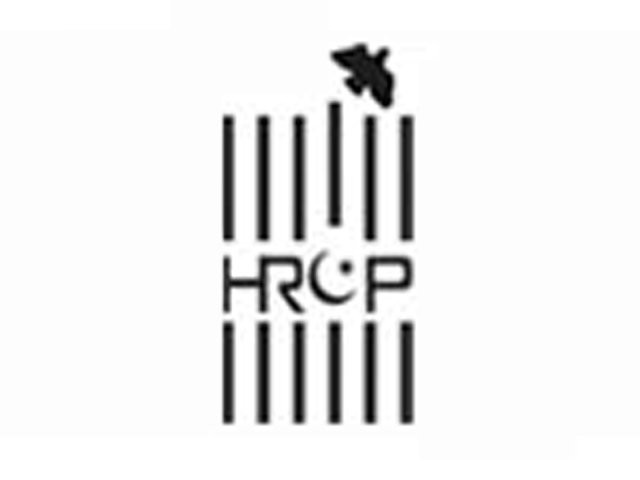Compliance stressed: ‘Nation’s GSP Plus status can be revoked’
IA Rahman says Pakistan has failed to present regular progress reports on implementation of ratified conventions.

Rahman said this was not without precedent as Sri Lanka had lost its GSP Plus status earlier for failure to comply with international commitments. PHOTO: HRCP
Human Rights Commission of Pakistan (HRCP) Secretary General IA Rahman warned on Tuesday that the Generalised System of Preference Plus (GSP Plus) status, granted to Pakistan in 2013, could be revoked if it failed to implement ratified United Nations conventions and recommendations of the European Union (EU).
He was speaking at a conference organised by the Democracy Reporting International (DRI) and the HRCP on the role of the civil society in GSP Plus compliance monitoring. Rahman said this was not without precedent as Sri Lanka had lost its GSP Plus status earlier for failure to comply with international commitments.
He cautioned Pakistan to be careful as it had already flouted one of the commitments by lifting a moratorium on execution of convicts on death row.

Rahman questioned the progress made on implementing the conventions Pakistan had ratified. He said the nation had failed to implement the developments and changes highlighted in the conventions.
Rahman said Pakistan had failed to regularly present progress reports on the implementation of ratified conventions. He said the civil society had not been taken into confidence during the rare instances in which the reports were filed.
Zulfiqar Shah of the DRI briefed those present on the GSP Plus, compliance requirements and reporting mechanisms.
He said the award of the status made it incumbent on the EU to comprehensively monitor the state of human rights in grantee countries. Shah said that the EU attached great importance to the opinion of the civil society in this regard.
“The GSP Plus is a great opportunity for the civil society to ensure protection of human rights,” he said.
Peter Jacob of the Centre for Social Justice said international organisations operating in the nation were popularly perceived to be furthering their own agendas. He said most people believed that such organisations promoted vested interests behind a veneer of fostering social change. Jacob said this had to be changed.
He said that civil society ought to play a pivotal role in analysing the situation by harnessing the potential of its professional resources. Jacob also suggested the establishment of a committee which would include organisations such as the DRI that were monitoring compliance with European Union recommendations.
Those present on the occasion agreed to form a committee to monitor and advocate compliance with rights enshrined in conventions associated with the GSP Plus.
They also furthered the idea that they could potentially act as pressure groups and lobby the government, international bodies and businesses to promote human and labour rights in the nation.
Osama Tariq of the Pakistan Workers’ Federation, Advocate Munaza Hashmi and Punjab Union of Journalists Secretary Amir Sohail also spoke on the occasion.
Published in The Express Tribune, February 11th, 2015.



















COMMENTS
Comments are moderated and generally will be posted if they are on-topic and not abusive.
For more information, please see our Comments FAQ